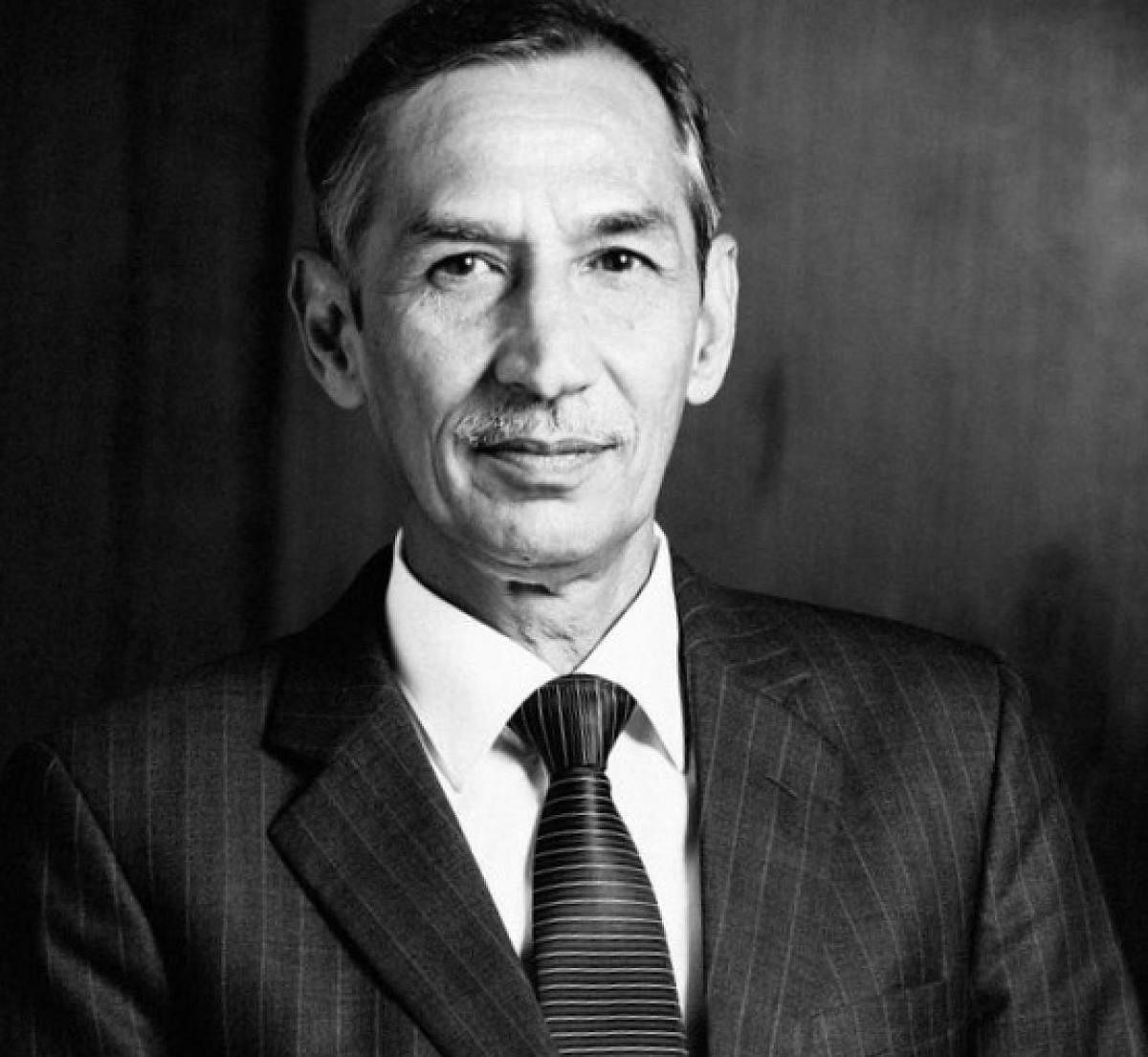As Northern Army Commander, Lt Gen DS Hooda had a ringside view of the complexities associated with the political and security situation in Jammu and Kashmir. The man who oversaw India’s surgical strike on terror camps across the border and the killing of Hizbul Mujahideen leader Burhan Wani, spoke to DH’s Kalyan Ray on what may be in store for Kashmir. Excerpts:
With Kashmir under Governor's rule now, what is your assessment of the security scenario?
There is no doubt that the security scenario in J&K is worrisome. Along the International Border and Line of Control, there have been numerous ceasefire violations that have disrupted the lives of the common people and caused large-scale migration in the Jammu region. Infiltration from Pakistan continues unabated. The only silver lining is that the two armies have now agreed to fully respect the ceasefire agreement of 2003. Hopefully, this will bring some calm to the borders and relief to the local population. Within Kashmir Valley, there are serious security challenges. While the numbers of terrorists killed are the highest in recent years, other indicators are not positive. Local recruitment into terror ranks has increased, as has the number of civilians killed. There is anger among the youth and it is manifesting in clashes and stone-pelting incidents on almost a daily basis. This anger and breakdown of trust between a section of the population and the government is an area that needs to be addressed urgently.
Did the Ramzan ceasefire give breathing space to terrorists. Will it be harder for Army and CRPF to counter them?
The Ramzan ceasefire did provide breathing space to terrorists, who had been under pressure during Operation All Out. However, I do not think this will be a big hindrance now that operations have resumed. Though the offensive operations had stopped during the ceasefire, other activities like intelligence gathering would have continued. We have seen that the security forces have killed a number of terrorists as soon as the ceasefire was terminated. We should also not see the ceasefire only in a negative light. It was positively received by the people of Kashmir. Provocative clashes between security forces and civilians reduced, and it brought a semblance of calm to the streets. Unfortunately, the killings of Shujaat Bukhari and Aurangzeb led to the collapse of the ceasefire.
How did the security dynamics change in the wake of Shujaat Bukhari's killing?
The tragedy of Shujaat’s killing lies in how terrorism can silence moderate voices in a conflict zone. It also confronts us with a difficult question. Does success in Kashmir lie in killing terrorists or in providing a sense of security among the local population? While both are important, the latter will be the real measure of victory if terrorism is to be defeated.
I also wish that there had been more outrage among the Kashmiri civil society to Shujaat’s killing. The muted reaction is disappointing, but reflective of the current fear.
Is there a sense of outrage in the civil population against the government and armed forces?
There is no doubt that there is anger among a section of the people, particularly in South Kashmir. A lot of this has to do with the fact that the government has been weak in projecting a positive narrative about its actions. Social media, and even parts of the mainstream media, is creating a dangerous “us” versus “them” divide. Daniel Druckman writes in his paper, “Nationalism, Patriotism, and Group Loyalty: A Social Psychological Perspective,” that stereotyping of groups becomes “a self-fulfilling prophecy as it spirals out of control, each side perceiving only the worst of the other.” Somehow, we have to get better at building trust between communities.
Kashmir-based parties warn that “muscular policies” won't work in the valley…
There is much talk about "muscular policy" versus "healing touch". In my view, it is not one against the other as both policies have to co-exist side by side. There is no doubt that we have to go hard and muscular against terrorists who have vitiated the situation in Kashmir. At the same time, there has to be a healing, people-centric approach to meeting the aspirations of a population that has been debilitated by decades of conflict. A singular, black or white solution will not provide the desired results.
Army chief Gen Bipin Rawat has commented that anti-terror operations would continue in J&K. Do you think operations like CASO (cordon-and-search operations) and SADO (seek-and-destroy operations) alienate the common man against the armed forces?
The army chief’s comments are completely right. Anti-terror operations have to continue, there is no other option. Do operations like CASO cause alienation? Unfortunately, they do, but again there is no option. As local recruitment has increased, more terrorists are hiding in villages and CASOs have to be carried out. Hopefully, as the security situation gets better, difficulties for the common man will reduce.

